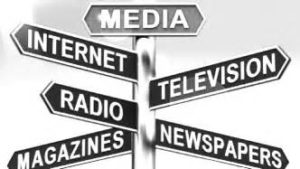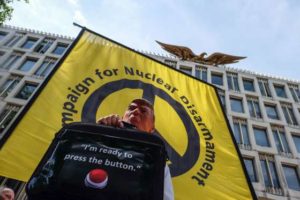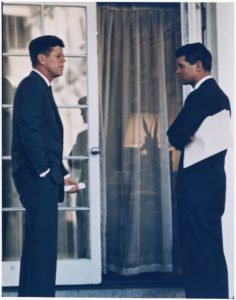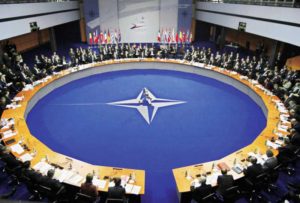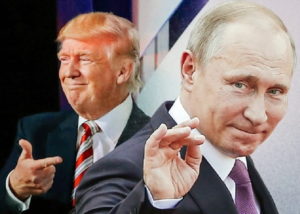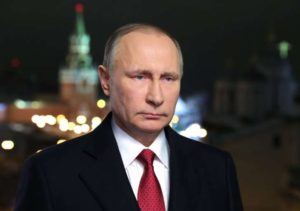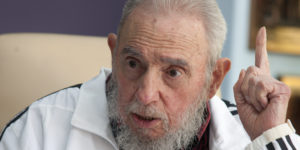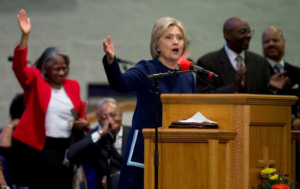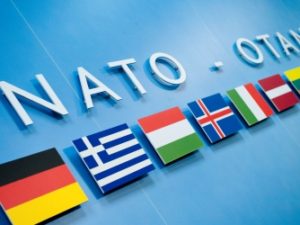It’s The Donald vs. Rocket Man.
Two heads of state — Donald John Trump and Kim Jong Un — are locked now in a standoff. The president of the United States and the dictator of North Korea are trying to out-insult each other.
What continues to amaze me, though, is that Trump decided to elevate his Rocket Man poke at Kim in a highly unusual venue. He took his insult to the floor of the United (bleeping) Nations, man!
He said if Rocket Man continues to threaten the United States, this country would “totally destroy” North Korea. That’s the way you promote peace, Mr. President … by threatening to annihilate another nation.
I’m trying to imagine an earlier president, John F. Kennedy, using that kind of language during the height of the Cuban missile crisis in October 1962. I actually have a memory of that time, when the Soviet Union began building launch pads from which it could launch missiles at the United States or our Western Hemisphere allies. It scared the bejabbers out of me — and millions of other Americans, too!
Kennedy didn’t resort to name-calling, or attaching silly school-kid epithets to his references to Nikita Khrushchev, the Soviet leader. He actually left much of the bluster to our U.N. ambassador at the time, Adlai Stevenson.
The president’s use of a Rocket Man insult won’t get Kim to do what we want, which is to stand down in his attempt to develop a nuclear weapon capable of hitting us and our allies.
An earlier president, faced with an even graver threat, arguably, than the one confronting the current president, stared it down with steely resolve, which — according to commentary at the time — forced the other guy to blink.
President Kennedy didn’t need to insult his adversary.
